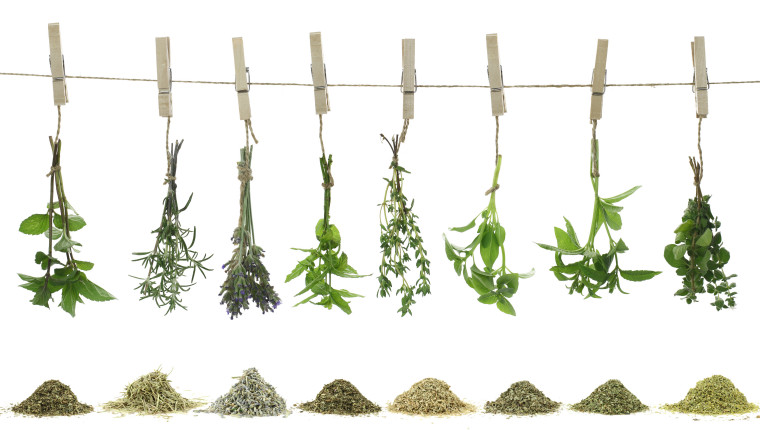Tips for drying fresh herbs
Posted by staff / September 20, 2013

Thanksgiving is still a ways off, so how can you make sure you’ll have plenty of fresh sage on hand to spice up that stuffing?
Drying your herbs is a great way to preserve the fruits of your labor for the winter and save a bundle buying spices, but not all herbs are dried alike.
Care2’s Katie Waldeck explains the different methods of drying your garden abundance and bringing a little more flavor to those long winter months.
Bunching
Good For: Marjoram, lavender, chives, sage, oregano, rosemary, mint, catnip, lemon balm.
Method: Tie 5-8 stems together in a bundle, and place bundle in a paper bag, stems extending out from the opening. Hang the bag in a dark, warm place with good air circulation. The temperature should be about 70-80 degrees F. Let dry for two to four weeks, checking periodically to make sure the bundle hasn’t come loose.Tray/Screen Drying
Good For: Basil, dill, parsley, cilantro, thyme, oregano, rosemary.
Method: Remove stalks and stems. Handle leaves gently, and cut large leaves into small pieces. Place on a drying tray, old window screen or baking sheet. If you’re stacking trays, place a spacer in between each try so the herbs have air circulation. Place in a warm, dark area and stir daily until thoroughly dried.Oven Drying
Good For: Basil, bay leaves, mint, sage.
Method: This works best for gas ovens. On a baking sheet, arrange individual leaves so that no leaves are touching. If you have enough for more layers, place a paper towel between each. Do not turn on the oven. Leave overnight.
Full story at Care2.
Photo credit: Fotolia
Comments are off for this post.